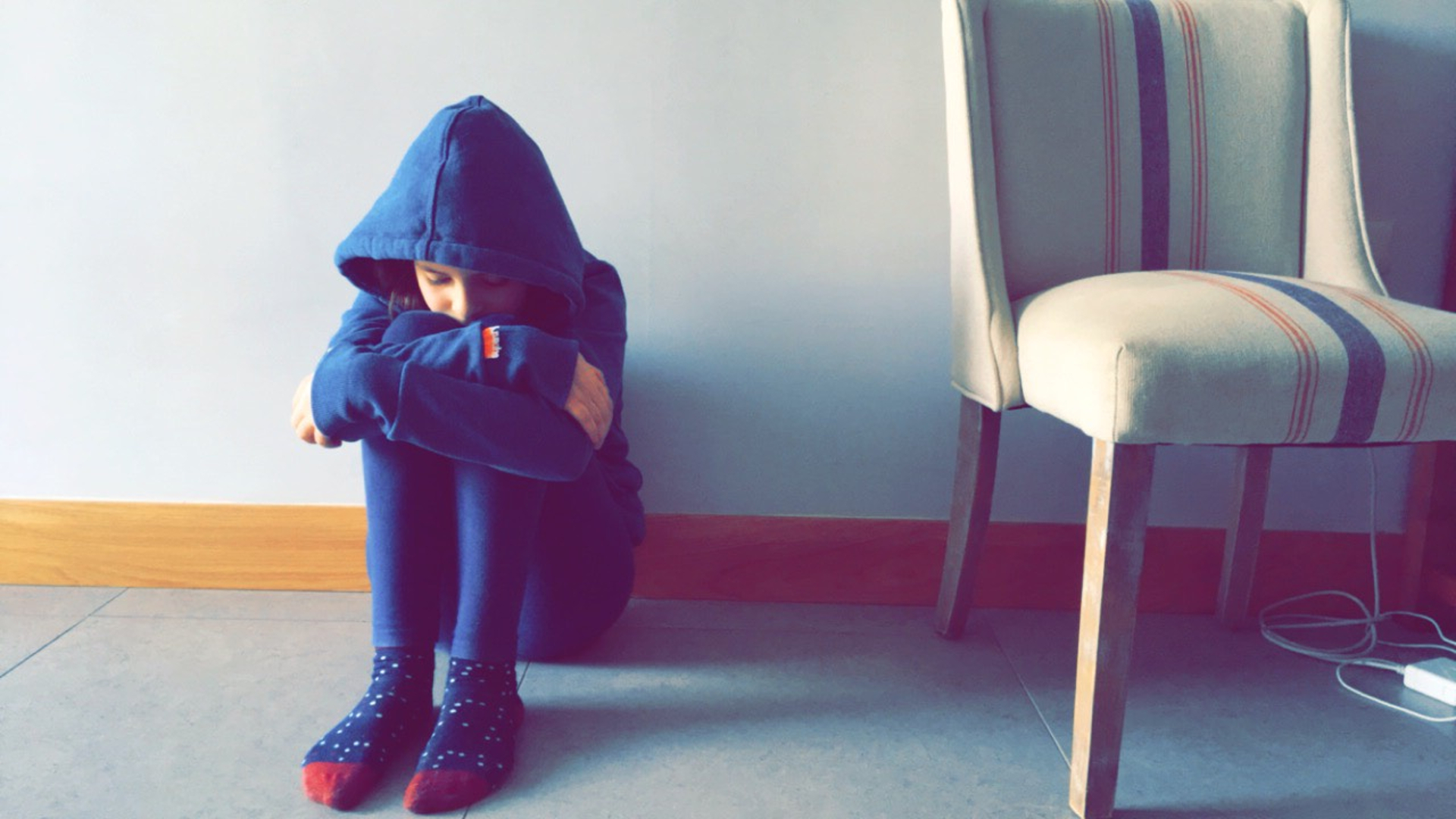Childhood Stress and Psoriasis

Known as ACEs, Adverse Childhood Experiences are anything but ace. They include physical, emotional and sexual abuse, witnessing domestic violence or growing up with household substance abuse.
It was always clear that such traumas could affect people as adults but now researchers across the globe are discovering that they have an even more powerful impact on your health as an adult.
Having a history of ACEs increases your risks of health-harming behaviours such as smoking, drinking or eating too much of the wrong stuff but what’s even more fascinating is that these experiences have an effect on the way the brain develops in childhood.
People who have a certain level of ACEs experience changes in their neurological, immunological and hormonal development. There seems to be something about being in threat mode frequently during childhood that wires the brain to be prepared for danger increasing tissue inflammation and resulting in long-term changes in immune response. This leads to tissue damage and long-term wear and tear on the body.
There is convincing evidence that people who experience ACEs are at much higher risk for many long term health conditions like auto-immune disorders like psoriasis, cancer, lung disease, heart disease and mental health illness even when you’ve controlled for differences in lifestyle choices. They can even shorten your life by 20 years and the more ACEs you have the higher your risk.
In one long term study (Danese et al, 2007), childhood abuse was associated with elevated CRP levels, white blood cell counts, and other markers of inflammation 20 years later.
But can we do anything about it?
Years of research have made the link indisputable but the next big challenge is what to do about it. Obviously prevention and early intervention is key but what about those people in adulthood whose traumas are in the past?
The research is still in it’s infancy. We know we can help people cope with trauma but what we don’t know is whether that reverse the neurological and immunological changes?
Helping adults heal is the next big challenge. The brain has plasticity and can change at any age, so perhaps meditation and mindfulness practice can help to improve things.
It’s also important to remember that whilst a higher score means your risk is higher, it doesn’t determine your future. Many factors such as a loving parent, grandparent or supportive school teacher can promote resilience so that lots of people with high scores do very well indeed.
If you want to know more, then watch this excellent TED talk: Nadine Burke Harris TED talk
or watch this informative short animation: ACEs // Public Health Network in Wales
You can score your own ACEs here: Take the ACE quiz
Reference
Danese A. et al (2007). Childhood maltreatment predicts adult inflammation in a life-course study. Proc Natl Acad Sci U S A; 104(4):1319-24.
